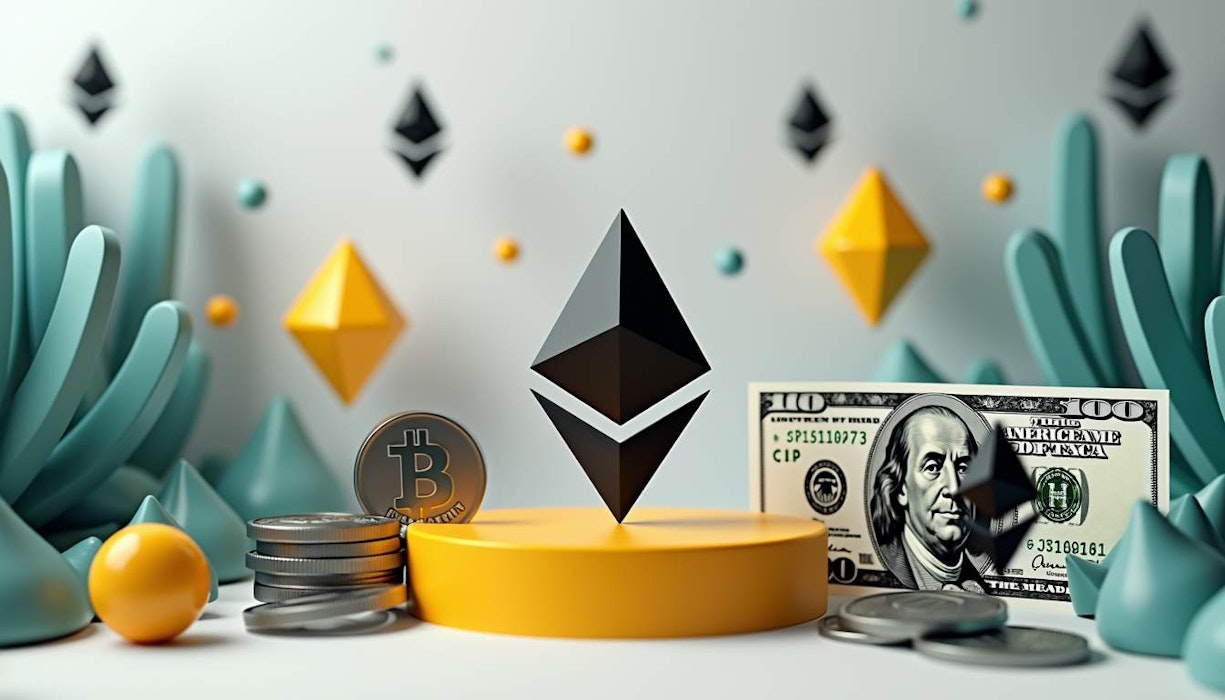How do you know a crypto exchange is safe?
When you're searching for the best crypto exchange, you might be wondering about the safety of your funds. Here are a few things to consider that can help you feel more secure. First, look for exchanges that use cold storage to hold most of their users' funds offline. This minimizes the risk of hackers stealing your coins. Two-factor authentication, which might require a text or an app code when you log in or make a withdrawal, adds another layer of protection. Plus, you want your data encrypted, so that no one can snoop on your info or credentials. You’ll want to know that the exchange plays by the rules, too. Make sure they’re compliant with regulations, which can help protect you from scams or unfair practices. And let’s not forget the need for added security features like IP whitelists or time-lock transactions.
What about fees? Do they really matter?
Ah, fees, the hidden cost of doing business in crypto. You might be wondering why they should matter to you. Transparent fee structures are essential, especially if you want to avoid surprises when you make a trade. You should know that fees can vary considerably, with some exchanges charging less for certain types of trades. Sometimes, paying a higher fee can be worth it, especially if it means more security.
Is the user experience important?
When it comes to using the best crypto exchange, convenience is key. You’ll want to choose a platform with a design that’s easy to navigate. And if you’re always on the go, check to see if they have a mobile app.
Is regulatory compliance enough to keep my assets safe?
Regulatory compliance is crucial for a crypto exchange, but does it ensure the safety of your funds? Not necessarily. Compliance means the exchange is following the legal framework, but doesn’t guarantee your assets are safe. You’ll also find that exchanges should have security measures in place beyond just following the law. It’s important to choose a platform that combines both.
Which exchanges are suitable for small businesses in Latin America?
If you're running a small business in Latin America, you might be looking for ways to make cross-border payments more affordable and efficient. Consider Mercado Bitcoin, which is the largest exchange in Latin America. It has teamed up with Ripple to enhance cross-border payments. Bitso is another good option for Mexican businesses, but it has some limitations. If you’re in Mexico, Volabit is a good local choice. Buda operates in several countries in Latin America and has a mobile app. Ripio started focusing on consumer services but could still be useful for businesses in Argentina.
Will crypto protect my savings in a hyperinflationary economy?
If you are living in a place that is facing hyperinflation, you might be worried about your savings. You could rely on decentralized cryptocurrencies like Bitcoin, which are deflationary by nature. Stablecoins pegged to the dollar are another option, as is using cryptocurrency to circumvent capital controls. Cryptocurrencies have been used effectively in Venezuela, Turkey, and other places suffering from hyperinflation.
